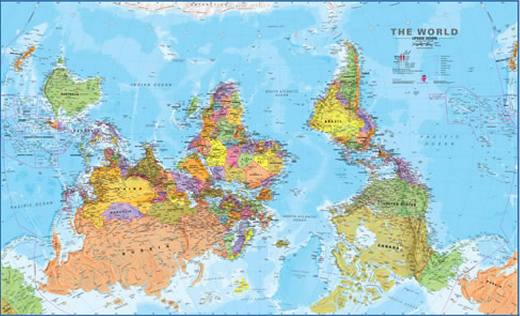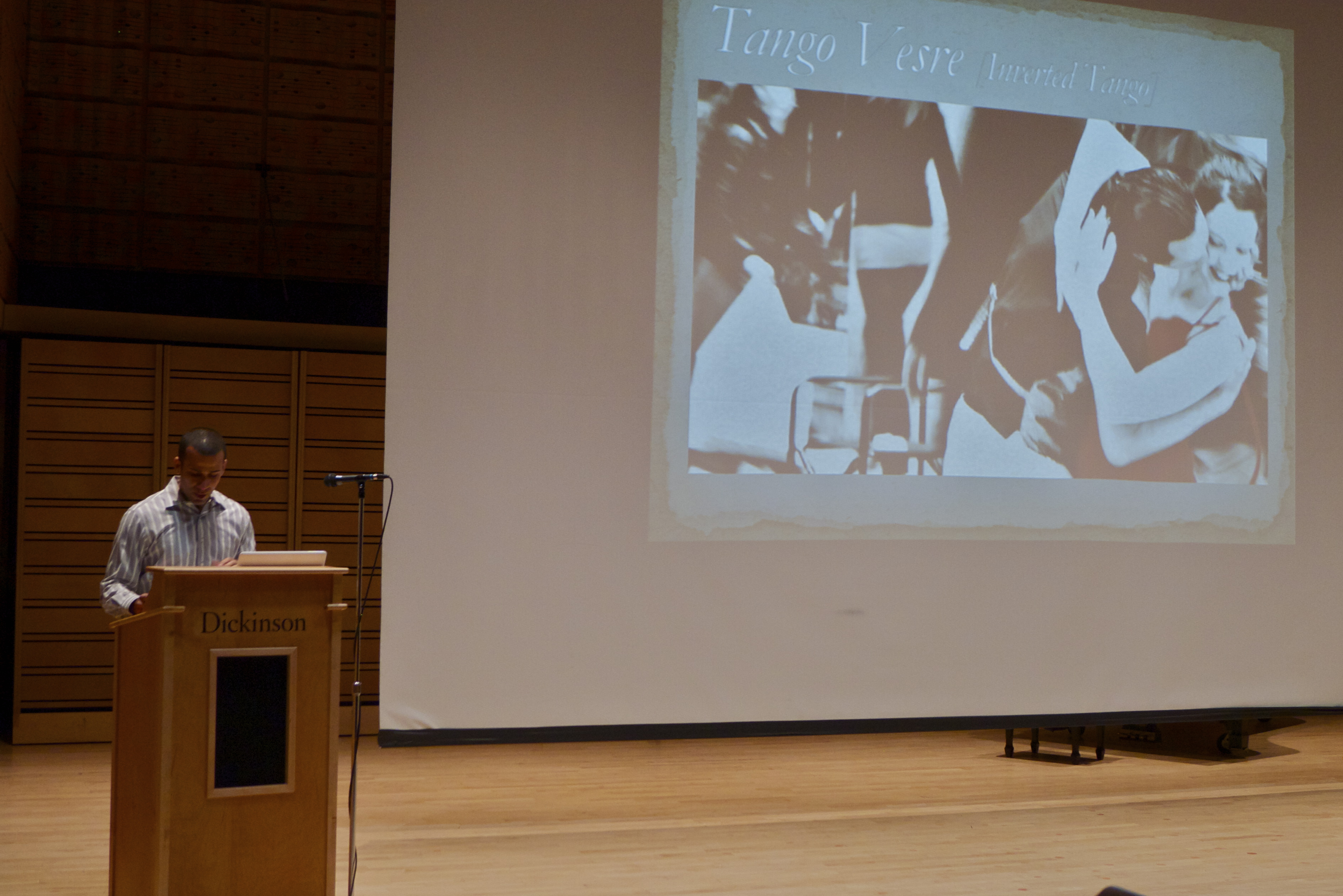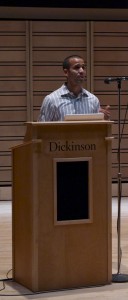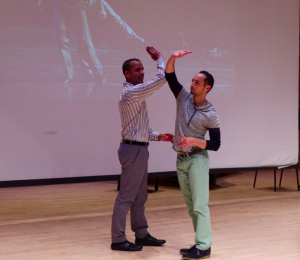Departments of Africana Studies, and Latin American, Latino, and Caribbean Studies
Senior Presentations 2013
Saturday, April 27, Althouse 106
9:30 Welcome
Lynn Johnson (chair, Africana Studies) and Marcelo Borges (chair, LALC Studies)
9:35-10:20
Andrew Hill: “The Emancipation of LeBron James: Re-Defining the Slave Narrative of the NBA (Africana Studies)
Thiago Branco, “The Implementation of Affirmative Action Policies in Brazilian Higher Education Institutions: Overview, Challenges, Policies, and Consequences” (LALC Studies)
Edwin Einbender-Luks, “Indigenous Activism and Reemergence in Argentina: Reclaiming History and Rights” (LALC Studies)
Chair: Carolina Castellanos
10:30-11:00
Justine Davenport, “When Hegemony Meets Change: The Status of U.S. Hegemony in Latin America as Told by Brazil, China and Cuba’s Relations” (LALC Studies)
Jeanne Muller, “Those Who Build the City: Urbanization, Informality, and Self-help Housing in Quito, Ecuador” (LALC Studies)
Chair: Héctor Reyes Zaga
11:10-11:55
Alexandra Agiliga: “Reclaiming Sexuality and Asserting Agency: Black Women in Sadomasochism” (Africana Studies)
Alexandra Kaye, “Nannies on the Move: A Study of Peruvian Female Immigration to Chile” (LALC Studies)
Carolina Vallejo, “U.S. Immigrant Desirability and the 1930s Mexican Deportations and Repatriations” (LALC Studies)
Chair: Patricia van Leeuwaarde Moonsammy
Lunch break
1:30-2:15
Hannah Richardson, “Environmentalism Begins at the Breakfast Table: The Presentation of Urban Agriculture as a Sustainable Paradigm for Urban Development in Latin America and the Caribbean Region” (LALC Studies)
Amanda Jo Wildey, “The Local and the Global of Andean Agriculture: Technical Changes and Rural Economy in Coporaque, Peru” (LALC Studies)
Aidan Gaughran, “Mining Mountains, Undermining Metaphors: Human-Mountain Relationships and Mining Protests in the Peruvian Andes” (LALC Studies)
Chair: Maria Bruno
2:15 Concluding Remarks




